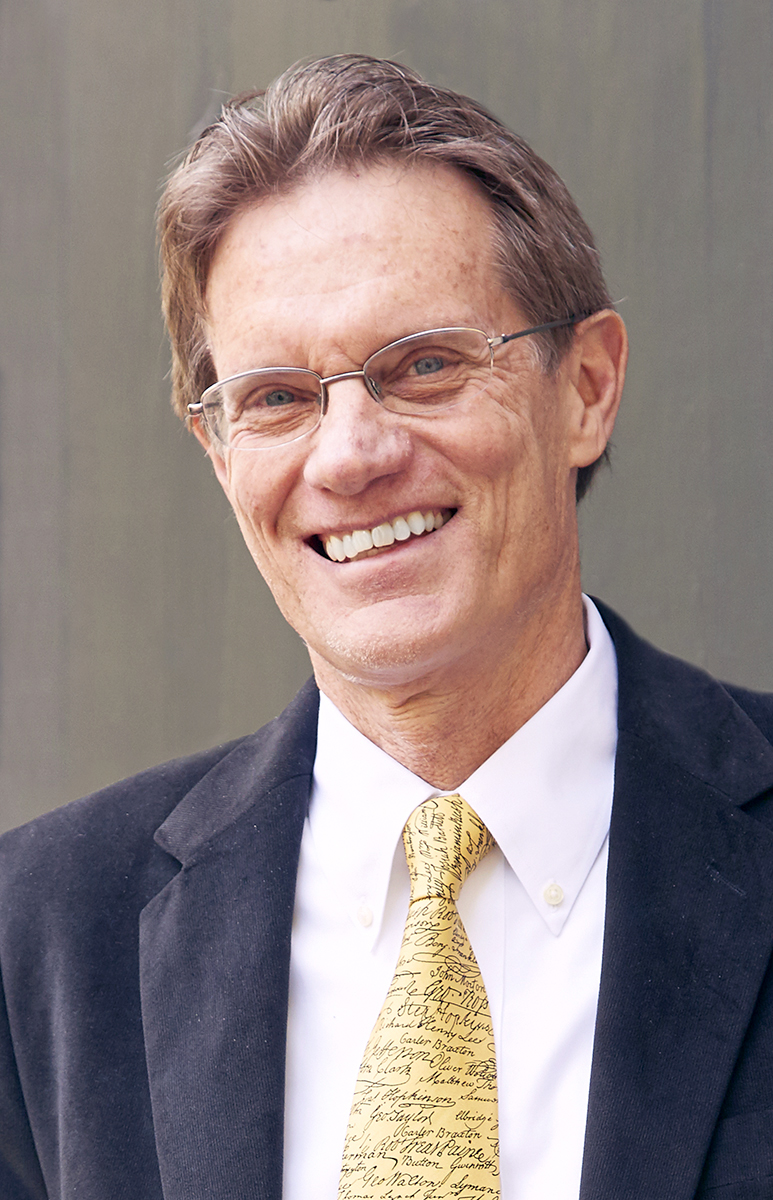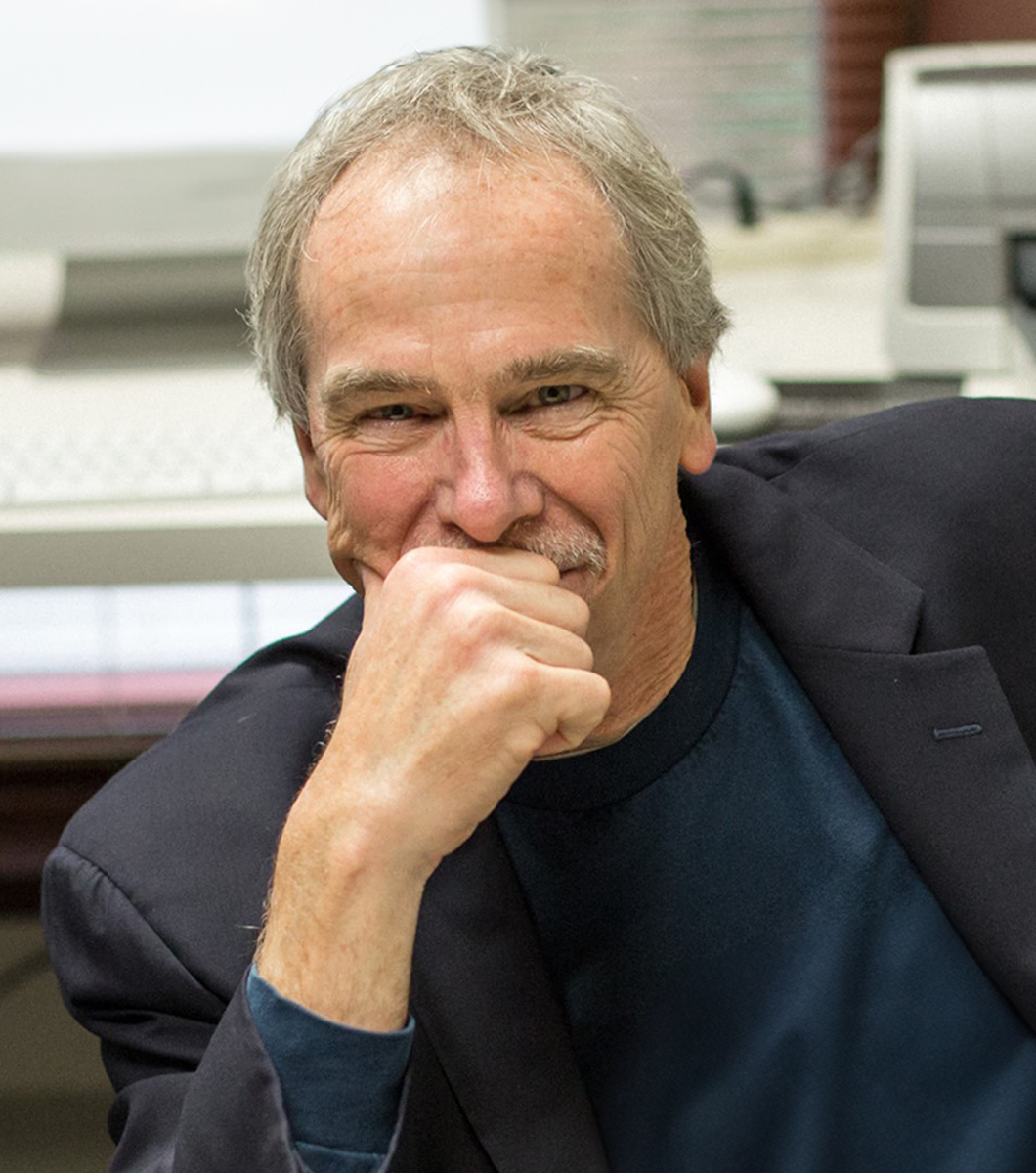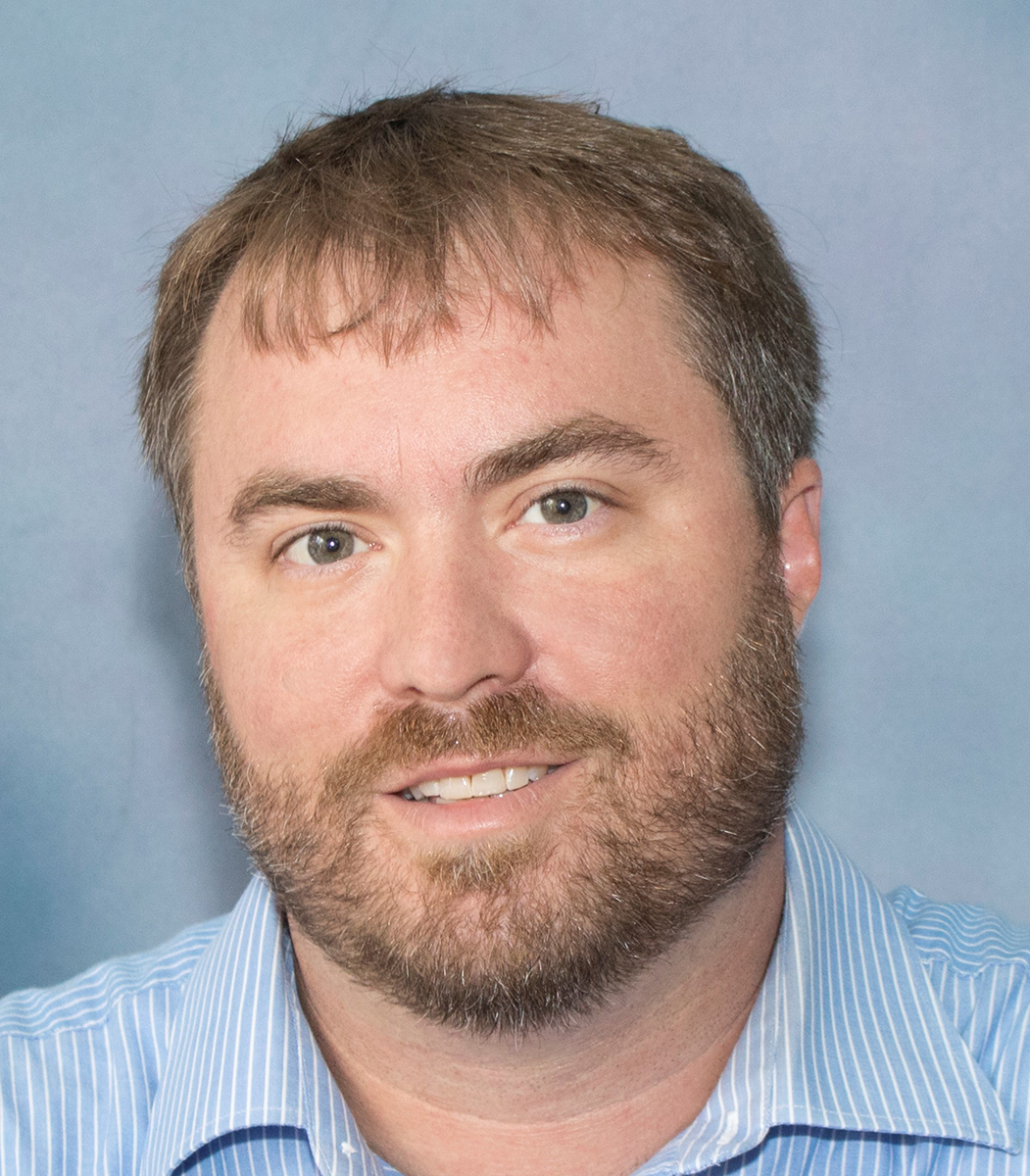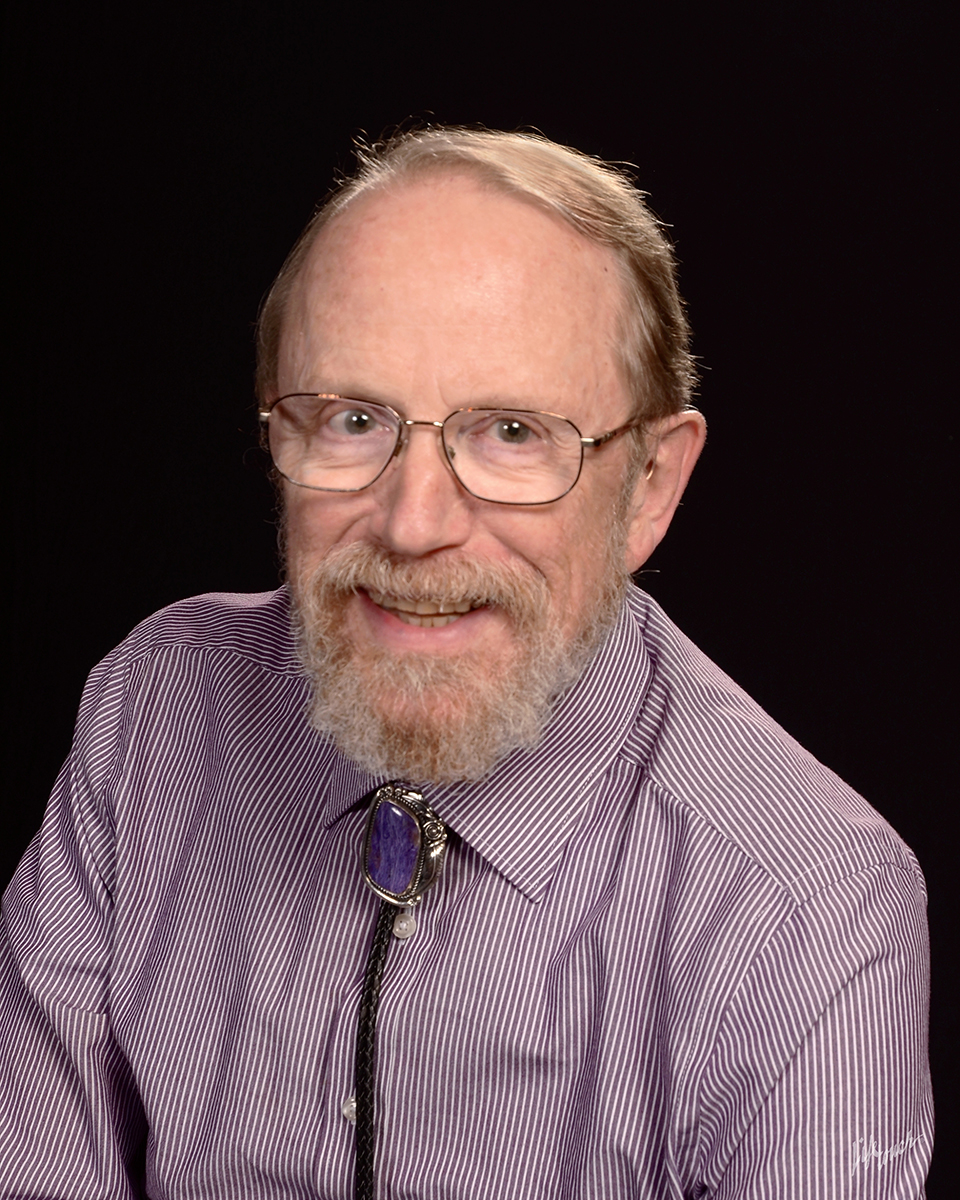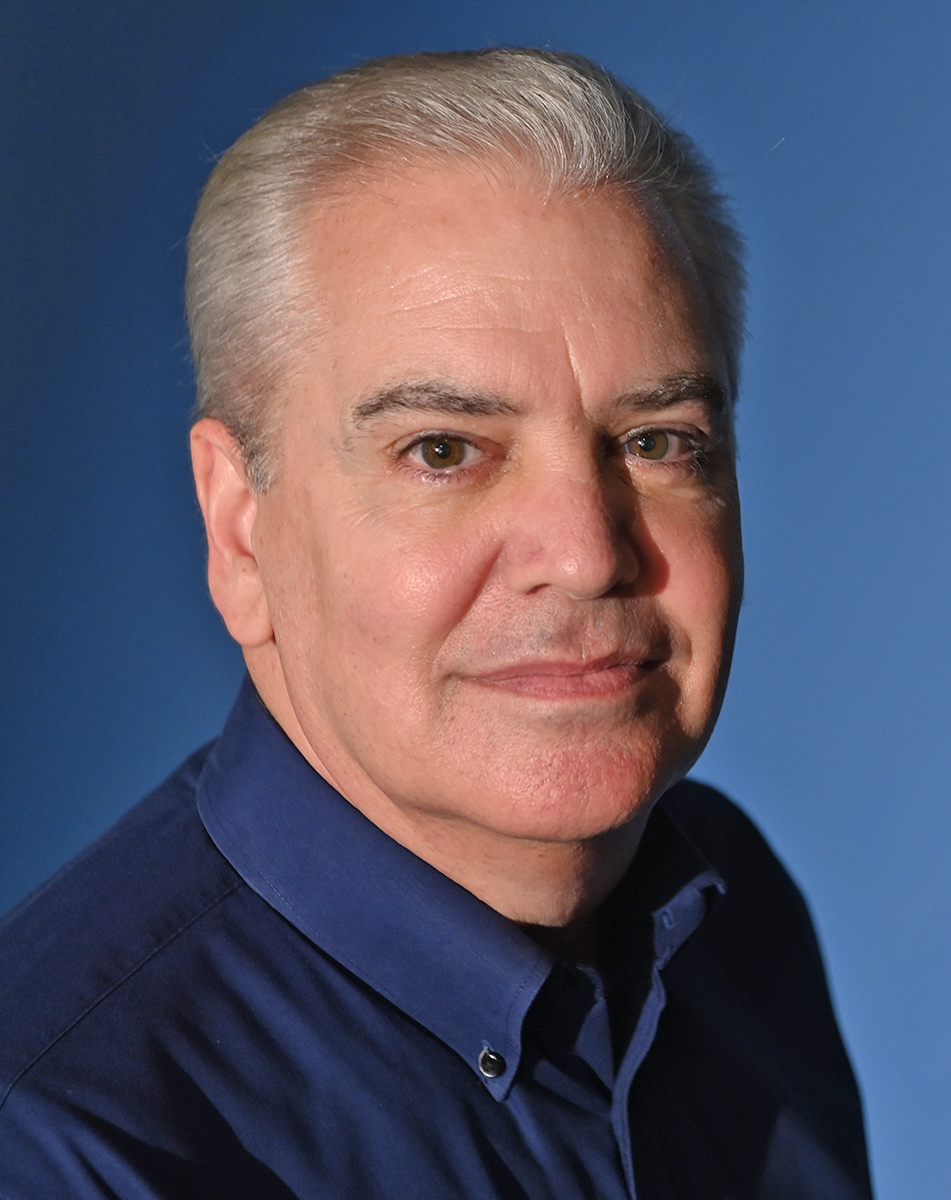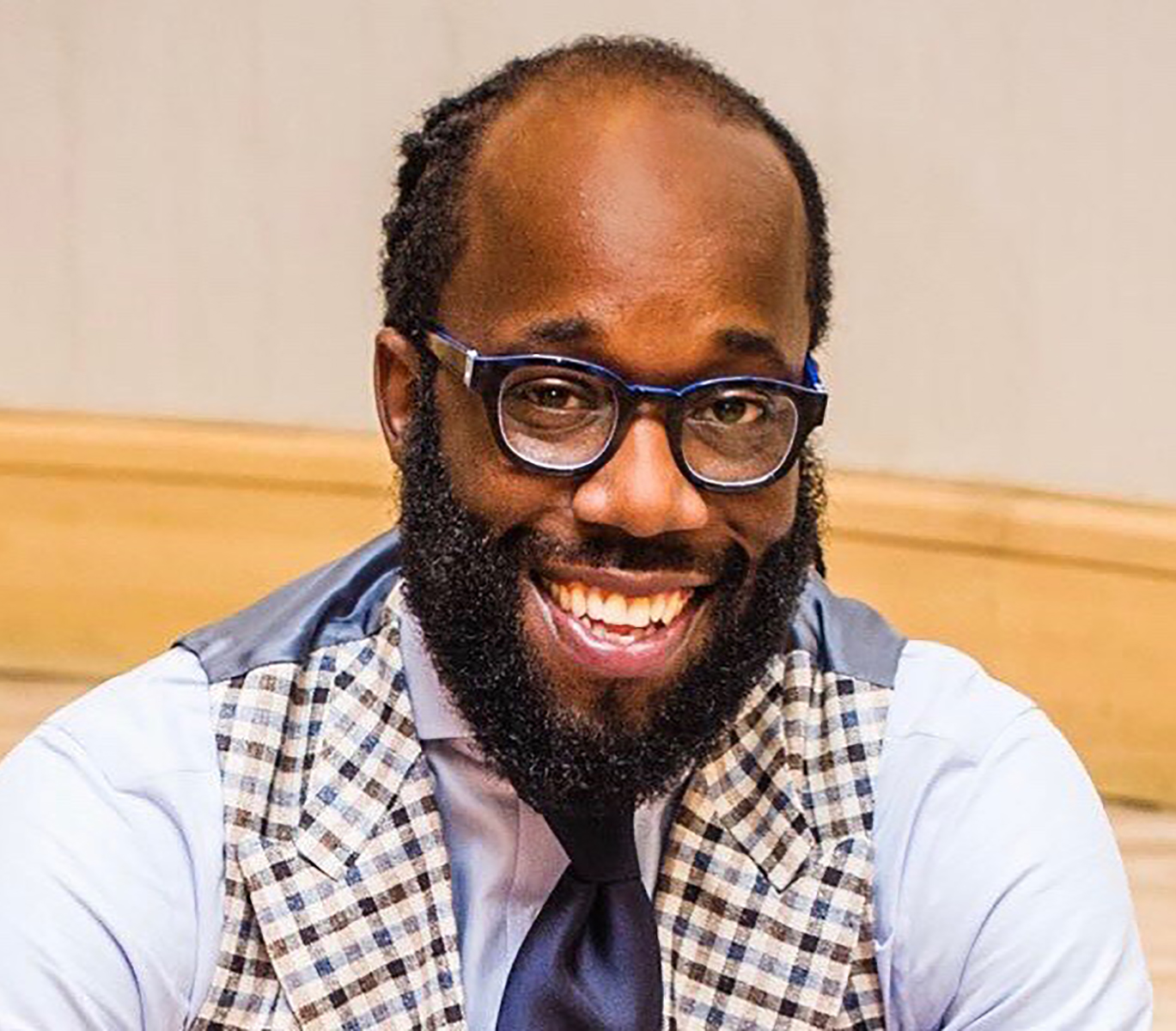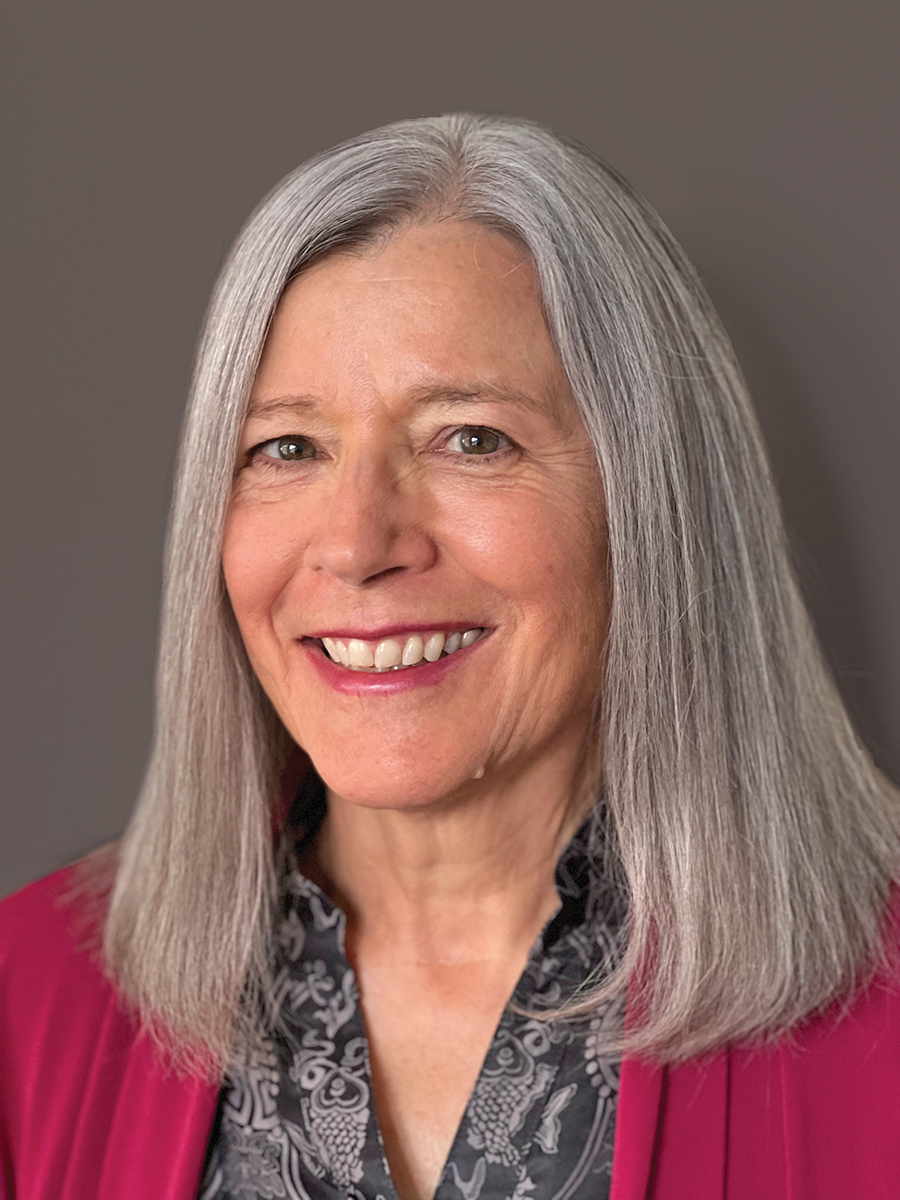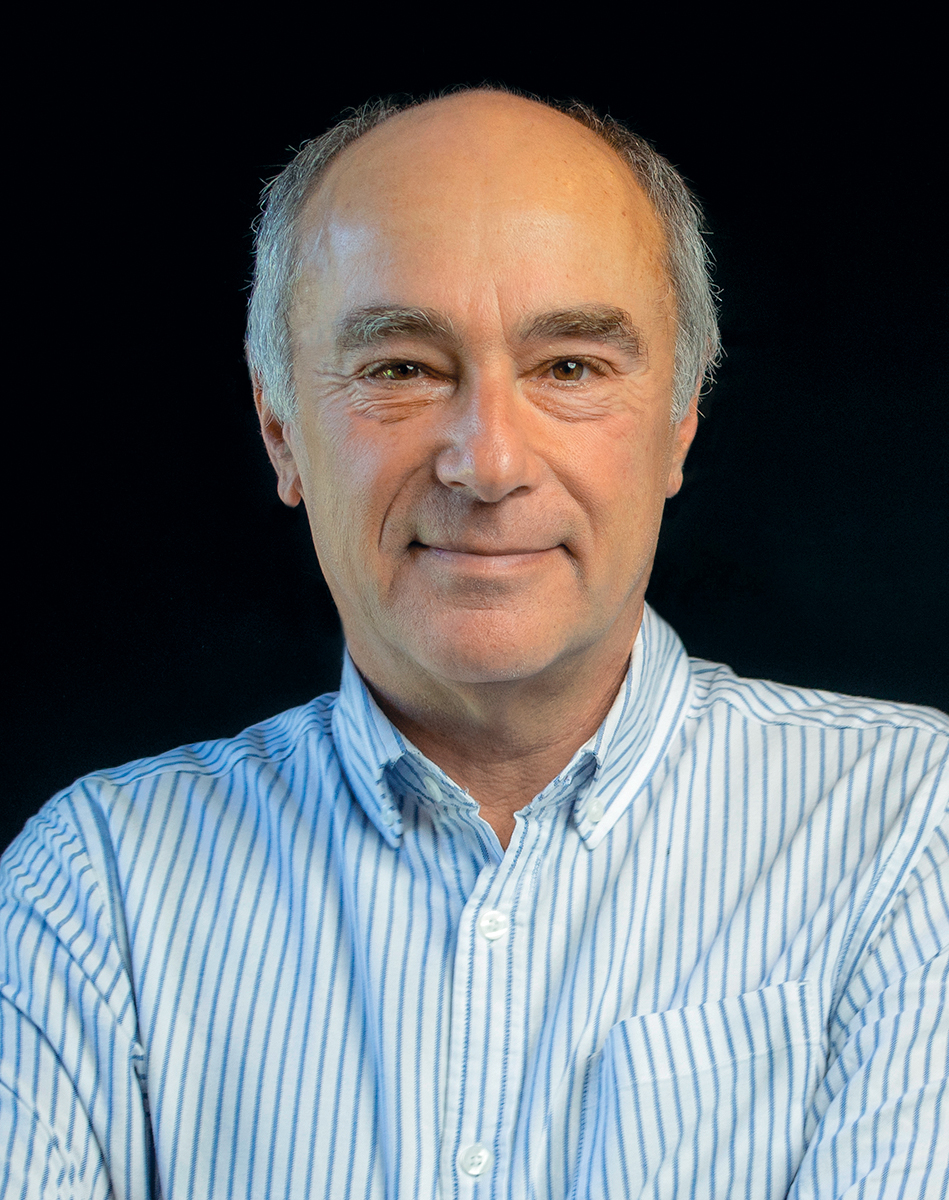Coauthor along with Gary Melton, John Petrila, Norman Poythress, Randy K. Otto, Douglas Mossman, and Lois O. Condie of Psychological Evaluations for the Courts: Fourth Edition: A Handbook for Mental Health Professionals and Lawyers
Q&A with the Author
- What made you decide to write this book?
- What is the one thing you hope readers take away from this book?
- Is there something you think is important to highlight about this topic?
- What is a common misconception about this topic that you would like to clear up?
- What upcoming projects are you working on?
What made you decide to write this book?
We decided it was time for a new edition because in the decade since the last edition much has changed in the forensic mental health arena. Numerous judicial decisions have altered the legal landscape, research has proliferated in areas such as risk assessment, child custody, and decisional competence, and certain legal and scientific fields, such as immigration law, neuroscience, and educational psychology, have mushroomed. Reviewers have called our book the bible of forensic mental health law because of its scope and depth (see preface and table of contents). But in forensic mental health practice even bibles need constant updating.
What is the one thing you hope readers take away from this book?
Forensic practice requires a thorough knowledge of both the relevant law and the relevant research, not just clinical insight. That is why we have ensured, through all four editions of this book, that its content is interdisciplinary. It is also why we added a psychiatrist (Douglas Mossman) to the two lawyers and four psychologists who authored the third edition.
Is there something you think is important to highlight about this topic?
We hope our book helps both mental health professionals and lawyers understand two important points. First, despite arguments to the contrary, mental health professionals often can provide very helpful information to the courts in a wide range of areas. At the same time, judges and lawyers, not mental health professionals, are ultimately responsible for answering the legal questions the law asks. This book gives mental health professionals and lawyers the key tools they’ll need for their collaborative enterprise.
What is a common misconception about this topic that you would like to clear up?
Questions about competence, insanity, risk, treatment, education or disability rarely have easy answers. Diagnosis is often irrelevant, and at most is just the starting point for analyzing forensic case materials and reaching legally relevant conclusions. Mental health professionals and lawyers should approach forensic mental health issues with humility and caution.
What upcoming projects are you working on?
All of us are working on a wide variety of projects related to forensic mental health law. Chris Slobogin is currently writing a book about “preventive justice” that explores alternatives to the currently retribution-oriented criminal justice system. Gary Melton is authoring or editing several books on children, communities, and the law. John Petrila is working on a number of projects in Texas counties using analyses of large data sets to provide more targeted services to justice-involved individuals with mental illnesses. Randy Otto has been consulting with the Executive Office for Immigration Review in the Department of Justice, and is in the process of editing a book examining mental health professionals' involvement in immigration proceedings. Lois Condie is working on psychological measurements and technologies for children with significant motor and sensory limitations. Norm Poythress is enjoying retirement. Sadly, Douglas Mossman recently passed away.
See all titles by and read more about Christopher Slobogin on his author page!
